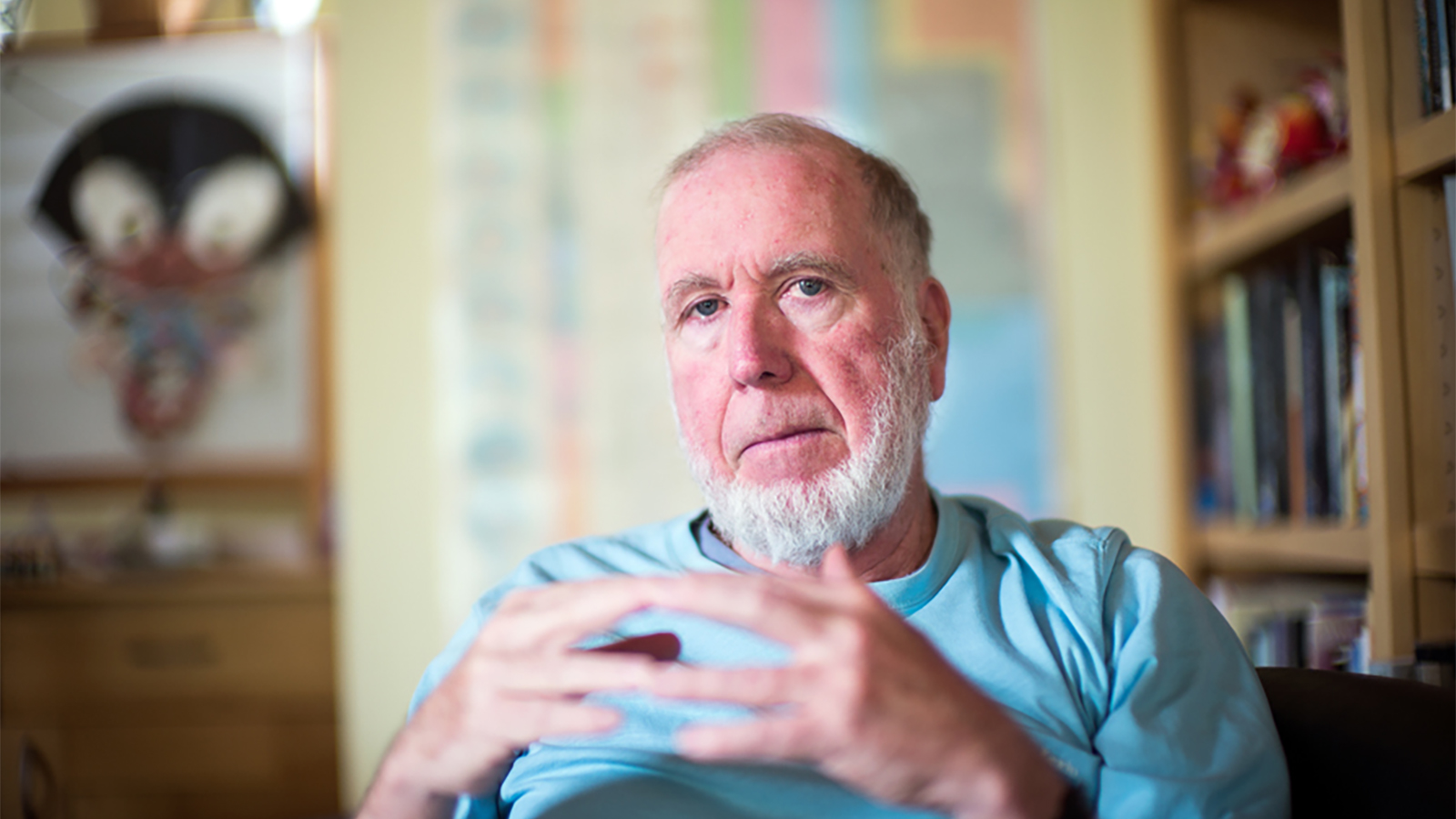Getting Used to Having More By Owning Less

Any music lover who subscribes to a streaming-music service such as Spotify, Apple Music, Pandora, or the like has entered into a bargain that represents a profound shift in the way we consume. Each song remains in the possession of the service as we listen to it, and we forfeit any claim of ownership. In exchange, we’re free to listen to all of the music the service has — tens of thousands of titles, far more than we could possibly own — any time we like. It’s a good deal for most of us, but it’s very different from how the world has usually operated in the past.
What’s happened is that we’ve exchanged ownership for access, and as Kevin Kelly, co-founder of WIRED, explains in his Big Think+ video, “Dematerialization: Moving From Ownership to Access,” this kind of trade is being made more and more often. Have Netflix? Read eBooks? It’s a major realignment that points us beyond possessions and to new possibilities for consumers, and opportunities for the businesses that serve them.
The Uberization of vehicles
Kelly cites Uber as an example. He asks, “if you can summon a car anytime, anywhere you want to, why would you own it?” After all, you can get around nearly as easily as with your own car, but you can do it minus “a lot of liabilities — storing, cleaning, maintaining, upgrading that we actually don’t want to have.”
And what is Uber other than a taxi-less taxi company? Weird as that may sound, there’s no need for the company to invest capital in purchasing and maintaining a fleet of vehicles. Of course, someone still has to own something — in this case it’s the drivers and their cars, unless, that is, they lease them. So beyond the expense of building the Uber software and maintaining a back-end infrastructure, it’s a short trip to profit for the ride-sharing service.
Subscription living
Where this shift ultimately leads is anyones guess, and Kelly lays out some not-so-crazy ideas that feel doable even with current or imminent technology.
There could be clothing subscriptions, says Kelly: “You could have instant delivery to your box somewhere within a few hours of anything that you need anywhere you were in the world. Maybe you subscribe to clothes and clothes come to you. You wear them once, they’re taken away, they’re recycled and cleaned and they’re given to someone else who may only wear them once.” Tuxedo rentals already exist, after all.
Is there any end to things you might want to rent or subscribe to? Toys that kids outgrow, camping equipment, that kitchen gadget you only need for one meal? The possibilities go on and on: How about always having the latest and greatest phone, TV, or car every year, an automatic upgrade that comes with its subscription? None of Kelly’s eye-opening suggestions are far-fetched. Which is to say, they’re all technologically plausible.
The internet and ubiquitous computing make it possible to live better than ever with fewer possessions than ever. Kelly’s insights reveal that to thrive as a business in this world simply requires an understanding of this new reality, and the imagination and execution to make it profitable.





